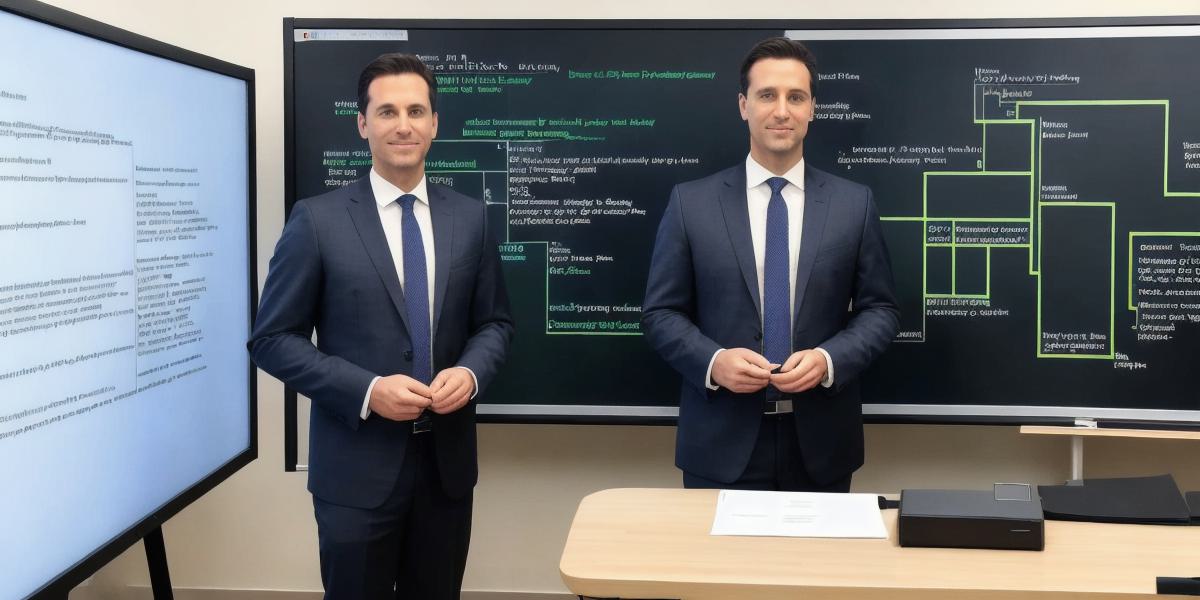Understanding Private Process Server: Legal Clarification for Programmers

Are you a programmer who is confused about the legal requirements surrounding private process server? If so, you’re not alone. In this article, we will explore the basics of private process server and provide legal clarification to help programmers navigate the legal landscape more effectively.
What is Private Process Server?
Private process server is a method of serving legal documents to individuals or organizations in accordance with legal requirements. It involves physically delivering the documents to the individual or organization’s physical location or sending them electronically if allowed by law. This service is often used in civil litigation and other legal matters.
The Importance of Legal Clarification
As a programmer, it’s important to understand the legal requirements surrounding private process server. Failure to comply with these requirements can result in serious consequences, including fines or even criminal charges. Additionally, understanding the legal landscape can help you avoid costly mistakes and ensure that your clients receive the necessary legal services.
Legal Requirements for Private Process Server
The legal requirements for private process server vary depending on the jurisdiction and the type of legal matter. However, in general, service must be made in person or through a trusted agent. Electronic service may be allowed if the recipient has explicitly agreed to electronic service and the documents are properly served. It’s important to note that service must be completed within the specified timeframe, which can vary depending on the legal matter.
Real-life Example: Private Process Server in Software Development
In software development, private process server is often used to serve legal documents related to software disputes or intellectual property issues. For example, a company may need to serve legal documents to a rival developer who has been accused of copyright infringement. In this case, the company would need to comply with the legal requirements for private process server in order to ensure that the legal documents are properly served and the recipient is aware of the dispute.
Conclusion: Understanding Private Process Server is Key for Programmers
Understanding private process server is crucial for programmers who work in legal matters. By understanding the legal requirements and best practices, programmers can avoid costly mistakes and ensure that their clients receive the necessary legal services. As a programmer, it’s important to stay up-to-date with the latest legal trends and regulations to ensure that you are providing your clients with the best possible service.
FAQs:
- What is private process server?
- Who is responsible for serving legal documents through private process server?
- Can electronic service be used instead of physical delivery in some cases?
- What is the timeframe for completing private process server in most cases?








